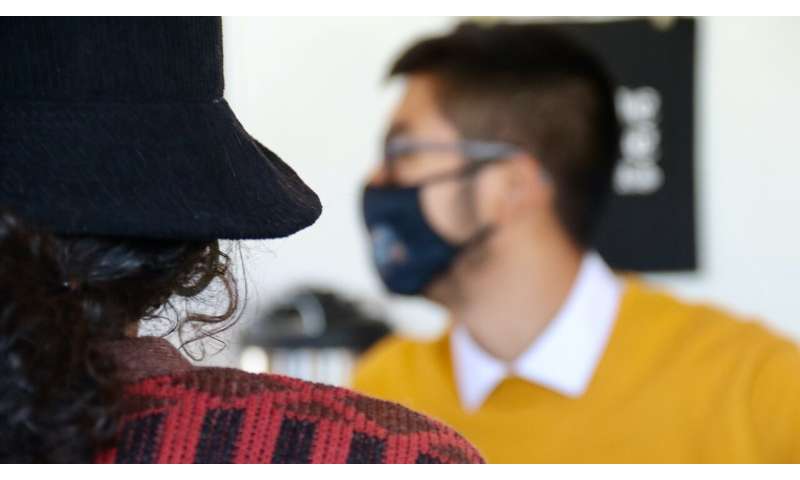
The COVID-19 pandemic has cruelly illustrated the critical role of work as a social determinant of health. In particular, the value of work for all of us has been underscored in myriad ways, while the risks that marginalized workers face have amplified dramatically.
In a new article in Qualitative Health Research, a team including CUNY SPH researchers explores how low-wage immigrant workers conceptualize the value of work and the ways this value might be mobilized to help change working conditions. Led by their colleague Isabel Cuervo, CUNY SPH Associate Professor Emma Tsui and Affiliated Professor Sherry Baron of the Barry Commoner Center for Health and the Environment and others combined data from two focus group studies of immigrant low-wage Latinx workers to examine a curious phenomenon.
“Despite our focus as researchers on the hazards of low-wage work, we found that Latinx immigrant workers were intent on describing the meaning and value of work in their lives, alongside the risks,” said Cuervo. “Their voicing of the importance of this concept, across two distinct studies, required that we seek to better understand the role that the value of work plays in how low-wage Latinx workers navigate the risks and rewards of their jobs.”
One interpretation of the value of work as a concept is that that immigrants may be willing to bear hazardous work conditions because a bad job is better than no job. However, the team’s data suggest that the opposite is also possible; that that workers’ pride in performing the work well, a strong theme throughout the research, might be an important mechanism for building collective agency. As a result, they recommend that community-based health promotion programs actively incorporate the value of work into efforts to empower workers to change working conditions. This research was completed before the pandemic began.
Source: Read Full Article